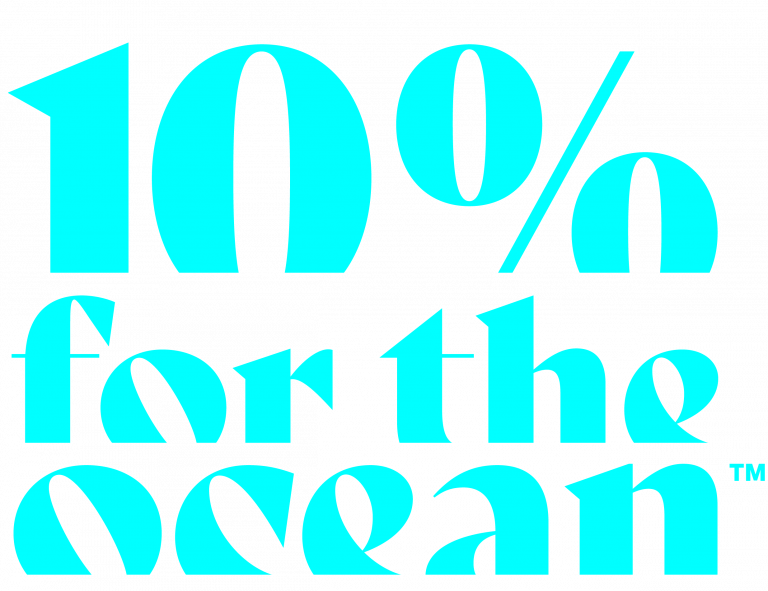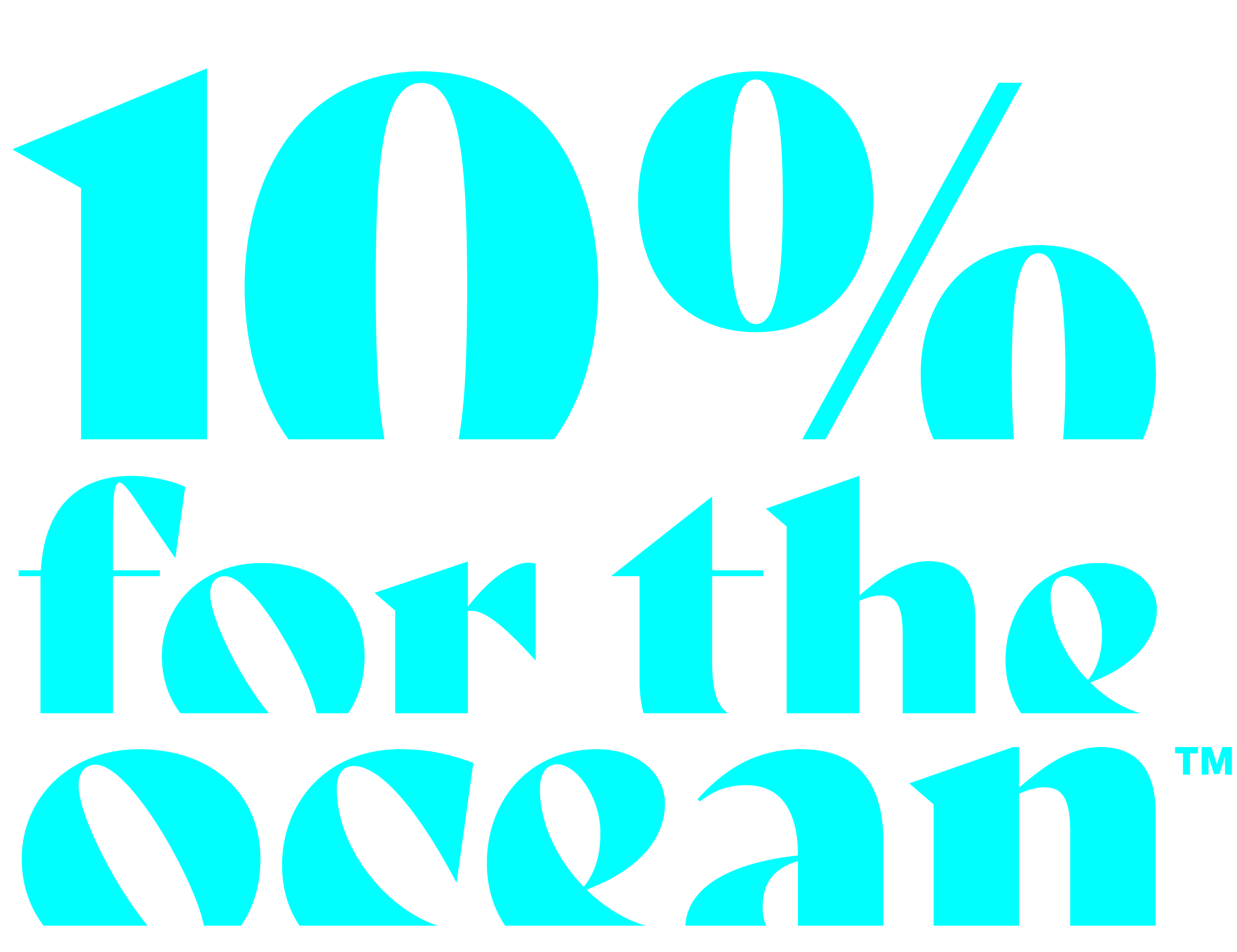The ocean provides life, health, and wealth to billions and as a major carbon sink, it is one of our greatest allies against climate change.
The air we breathe
Our ocean’s phytoplankton – microscopic organisms that work tirelessly at the ocean’s surface –producing over half the world’s oxygen. A decade ago, Canadian researchers made headlines with an alarming study estimating ocean phytoplankton populations had dropped 40% since 1950 and were continuing to decline at a rate of around 1% per year.
Our ocean’s phytoplankton – microscopic organisms that work tirelessly at the ocean’s surface –producing over half the world’s oxygen. A decade ago, Canadian researchers made headlines with an alarming study estimating ocean phytoplankton populations had dropped 40% since 1950 and were continuing to decline at a rate of around 1% per year.
Climate regulation
The ocean is a dependable source of renewable energy that could help to meet growing electricity demands. And marine species help to absorb carbon dioxide, with phytoplankton absorbing 10 billion tonnes of carbon dioxide from the atmosphere per year and each great whale absorbing 30,000 kg of carbon dioxide in its lifetime.
The ocean is a dependable source of renewable energy that could help to meet growing electricity demands. And marine species help to absorb carbon dioxide, with phytoplankton absorbing 10 billion tonnes of carbon dioxide from the atmosphere per year and each great whale absorbing 30,000 kg of carbon dioxide in its lifetime.
Our medicine
The great biodiversity of marine microorganisms means they provide a rich source of biologically active compounds. The ocean has already contributed drugs to treat human disease including herpes, acute myeloid leukaemia, and non-Hodgkin lymphoma.
Life below water is now increasingly recognised for its production of new compounds for medical applications and resources including new antibiotics.
The great biodiversity of marine microorganisms means they provide a rich source of biologically active compounds. The ocean has already contributed drugs to treat human disease including herpes, acute myeloid leukaemia, and non-Hodgkin lymphoma.
Life below water is now increasingly recognised for its production of new compounds for medical applications and resources including new antibiotics.
The food we eat
Ocean-based protein has well-documented human health benefits. Protein derived from fish, crustaceans, and molluscs accounts for between 13.8% and 16.5% of the human population’s animal protein intake. This rises to 50% in some of the least-developed countries.
To meet healthy diet requirements in 2050, it is estimated we will need to double the current amount of sustainably produced ocean-based protein.
Ocean-based protein has well-documented human health benefits. Protein derived from fish, crustaceans, and molluscs accounts for between 13.8% and 16.5% of the human population’s animal protein intake. This rises to 50% in some of the least-developed countries.
To meet healthy diet requirements in 2050, it is estimated we will need to double the current amount of sustainably produced ocean-based protein.
The economy
The annual gross marine product of the ocean totals $2.5 trillion each year; if the ocean were a nation, it would rank as the 7th largest economy in the world.
The annual gross marine product of the ocean totals $2.5 trillion each year; if the ocean were a nation, it would rank as the 7th largest economy in the world.

Our recreation
From surfing and boating to fishing and whale watching, the ocean provides us with many unique activities. The global leisure boat market alone was expected to exceed $41 billion in 2020.
From surfing and boating to fishing and whale watching, the ocean provides us with many unique activities. The global leisure boat market alone was expected to exceed $41 billion in 2020.
The air we breathe
Our ocean’s phytoplankton – microscopic organisms that work tirelessly at the ocean’s surface –producing over half the world’s oxygen. A decade ago, Canadian researchers made headlines with an alarming study estimating ocean phytoplankton populations had dropped 40% since 1950 and were continuing to decline at a rate of around 1% per year.
Our ocean’s phytoplankton – microscopic organisms that work tirelessly at the ocean’s surface –producing over half the world’s oxygen. A decade ago, Canadian researchers made headlines with an alarming study estimating ocean phytoplankton populations had dropped 40% since 1950 and were continuing to decline at a rate of around 1% per year.
Climate regulation
The ocean is a dependable source of renewable energy that could help to meet growing electricity demands. And marine species help to absorb carbon dioxide, with phytoplankton absorbing 10 billion tonnes of carbon dioxide from the atmosphere per year and each great whale absorbing 30,000 kg of carbon dioxide in its lifetime.
The ocean is a dependable source of renewable energy that could help to meet growing electricity demands. And marine species help to absorb carbon dioxide, with phytoplankton absorbing 10 billion tonnes of carbon dioxide from the atmosphere per year and each great whale absorbing 30,000 kg of carbon dioxide in its lifetime.
Our medicine
The great biodiversity of marine microorganisms means they provide a rich source of biologically active compounds. The ocean has already contributed drugs to treat human disease including herpes, acute myeloid leukaemia, and non-Hodgkin lymphoma.
Life below water is now increasingly recognised for its production of new compounds for medical applications and resources including new antibiotics.
The great biodiversity of marine microorganisms means they provide a rich source of biologically active compounds. The ocean has already contributed drugs to treat human disease including herpes, acute myeloid leukaemia, and non-Hodgkin lymphoma.
Life below water is now increasingly recognised for its production of new compounds for medical applications and resources including new antibiotics.
THE FOOD WE EAT
Ocean-based protein has well-documented human health benefits. Protein derived from fish, crustaceans, and molluscs accounts for between 13.8% and 16.5% of the human population’s animal protein intake. This rises to 50% in some of the least-developed countries.
To meet healthy diet requirements in 2050, it is estimated we will need to double the current amount of sustainably produced ocean-based protein.
Ocean-based protein has well-documented human health benefits. Protein derived from fish, crustaceans, and molluscs accounts for between 13.8% and 16.5% of the human population’s animal protein intake. This rises to 50% in some of the least-developed countries.
To meet healthy diet requirements in 2050, it is estimated we will need to double the current amount of sustainably produced ocean-based protein.
The economy
The annual gross marine product of the ocean totals $2.5 trillion each year; if the ocean were a nation, it would rank as the 7th largest economy in the world.
The annual gross marine product of the ocean totals $2.5 trillion each year; if the ocean were a nation, it would rank as the 7th largest economy in the world.

Our recreation
From surfing and boating to fishing and whale watching, the ocean provides us with many unique activities. The global leisure boat market alone was expected to exceed $41 billion in 2020.
From surfing and boating to fishing and whale watching, the ocean provides us with many unique activities. The global leisure boat market alone was expected to exceed $41 billion in 2020.





